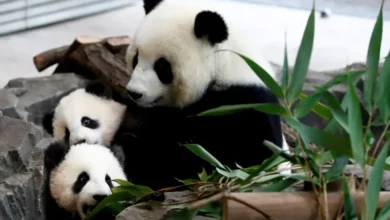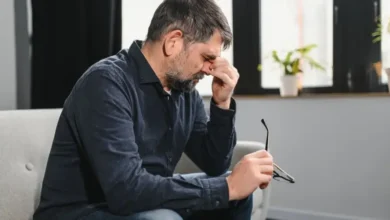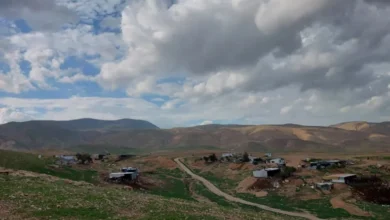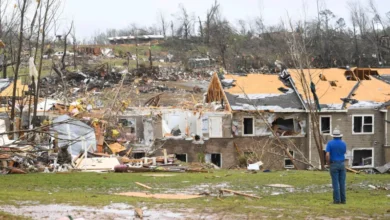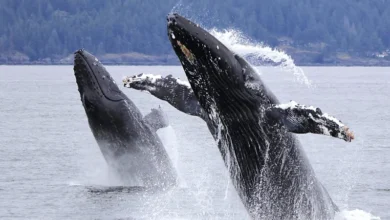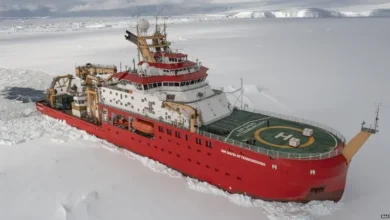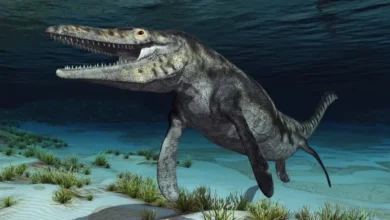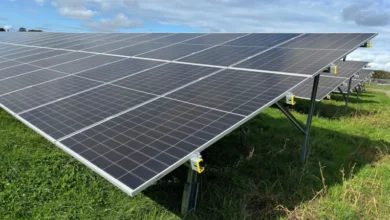Still time to save Our Wild Isles, say UK conservation charities
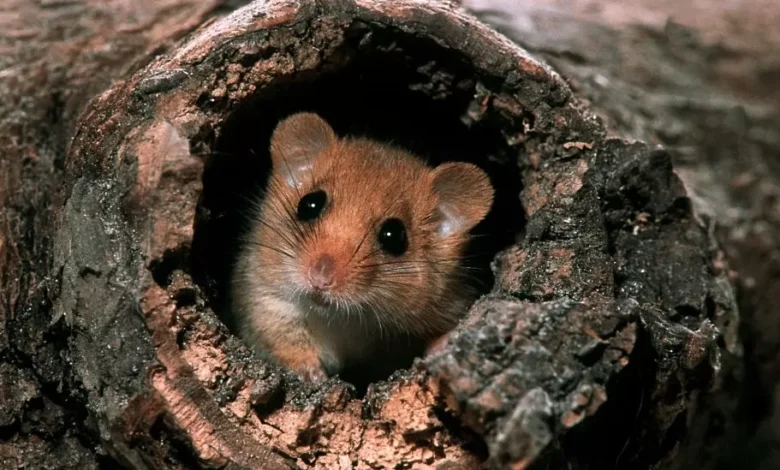
Three of Britain’s biggest conservation charities are joining forces to try to halt the destruction of UK nature.
They say they want to use their collective voice to call on everyone to act now to protect the natural world.
Between them, The National Trust, WWF and RSPB have 8.5 million members.
“We’ve come together because whilst we have spectacular nature here in the UK, it is in crisis,” said Tanya Steele, the chief executive of WWF, which has 1.5m members.
The “Save Our Wild Isles” campaign aims to use Sir David Attenborough’s new five-part series focusing on UK nature to help catalyse action.
The first episode of Wild Isles was broadcast on BBC1 last night and highlighted some of the stunning wildlife that still exists in the UK.
But Sir David warned viewers “how fragile and fragmented our nature is”. He said the UK is one of the most nature depleted countries in the world.
“Never has there been a more important time to invest in our own wildlife,” the 96-year-old told viewers, as he sat surrounded by puffins on the island of Skomer off the Welsh coast in the final scene of the first episode.
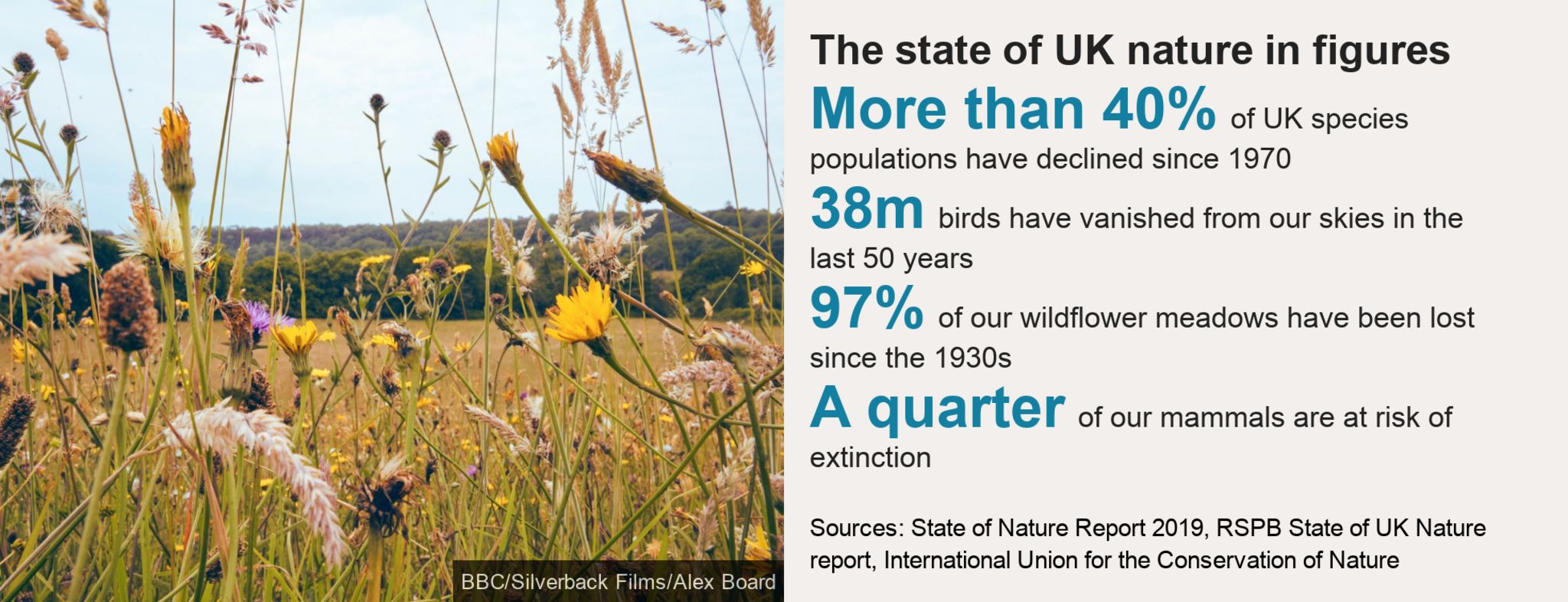
The RSPB and WWF are credited as co-producers of the series, but the BBC says they had no editorial input on the programme.
“We need to use the love which people have for nature and amplify it to make sure everyone plays a part to make a difference,” said Hilary McGrady, the director general of the National Trust, which has 5.8m members.
The charities want individuals, businesses, public bodies and our politicians to participate.
“It will take every single one of us to play our part,” said Rebecca Munro, the executive director of the RSPB, which has 1.2m members.
Charities can’t do this on their own, she told the BBC. “It needs to be individuals. It needs to be communities coming together. It needs to be businesses, and it needs to be our leaders.”
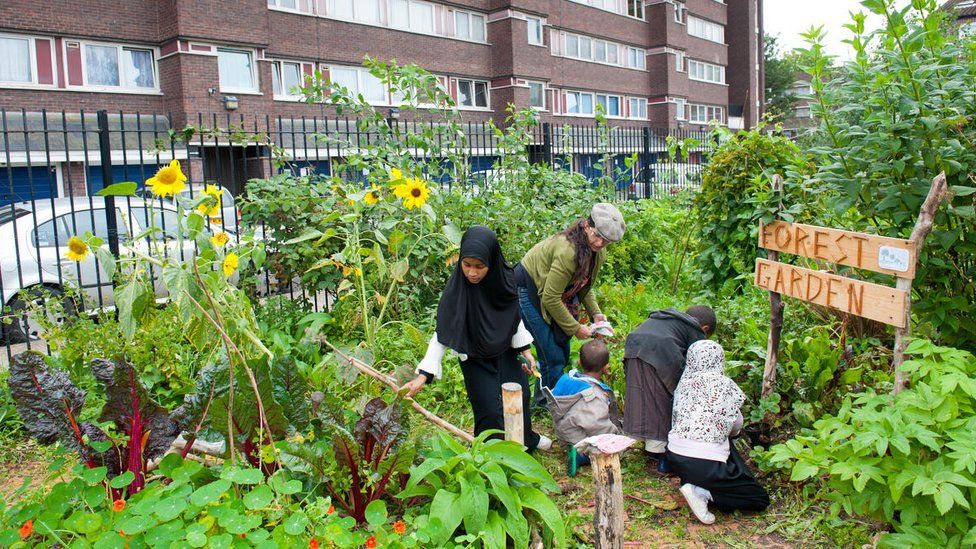
The campaign urges us all to “Go Wild Once a Week”. That could mean making space for nature in our local neighbourhood by planting wildflowers in a window box or green space, eating less meat or getting involved in a community project or urging our leaders to take action for nature’s recovery.
A YouGov poll commissioned for the new campaign found that 76% of people are worried about the condition of nature in the UK.
But the poll also reveals we have no idea how bad things are. Just 5% of people rated the UK as one of the worst countries for protecting nature, while 55% said they thought the UK was doing as well as the rest of the world or better.
The truth is the UK is in the bottom 10% of countries globally for protecting nature, according to the Living Planet Index produced by the Natural History Museum.
